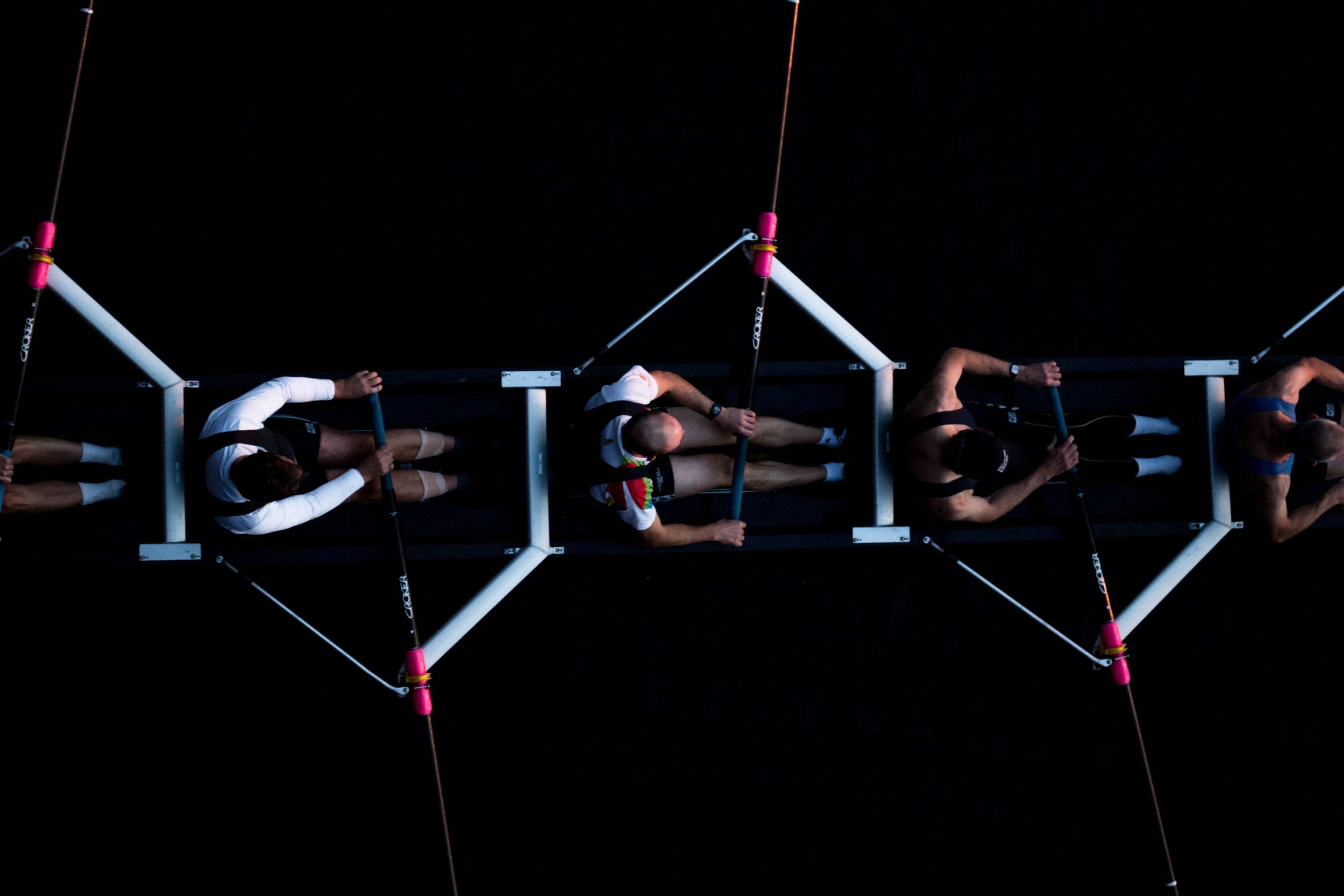A choir or tug of war
Think of a time when you were asked to sing alone at school. You belted it out as though you were in the shower using the full power of your lungs. Now think back at the time you were singing with others, in a group or in a choir. Did you sing with just as much passion? Were you as engaged? Most likely, the answer is no.
The same can be said about one of our favourite sports day competitions – the tug of war. If you are asked to pull the rope alone, you will pull with all your might and give it your 100 per cent. Join a group and your efforts are much less. You no longer have the full responsibility, as when you are in a choir.
Working in teams
These may seem like simple examples of the way groups perform, but in reality, they do reflect what generally happens in teams. For the most part, if you were to look around you when working in a team, you will quickly notice that not all are giving their 100 per cent, and some rely more heavily on others. There are a host of reasons for this, namely the different dynamics that are playing out within a team, projections, insecurities and fear of failure amongst other things.
When coaching a team, this idea of ensuring a team is performing at its maximum has always fascinated me. In all honesty, it was not something I was genuinely aware of before I started working with teams as a coach. As an active member of a team, I would often slip back into the role I would generally assume within that particular team. Today, I find myself working with teams to become more efficient.
What can teams do to become more efficient?
There are a few things teams can do to become more efficient. These include:
Work individually
Work individually. Recognise that people are always more efficient when they work individually and not in a team. The notion that team work makes the dream work is not necessarily relating to the fact that a team does it better or more efficiently. Understanding this means that one can use techniques that can encourage more efficient idea generation or decision making.
An easy technique I like to use is to ask individual team members to take a few minutes to themselves and think of a few ideas to contribute or a solution to the issue. Once each member has thought about it, they are then given the opportunity to bring it to the table without interruption. This simple step allows for each and every member of the team to contribute without being conditioned by anyone else’s opinion or views around the table. This makes for better idea generation and decision making as well as a cultivation of respect for the entire team and not those that are more vocal or forceful around the table.
Active listening
Encourage active listening. Active listening is listening without thinking of an answer. Listening without judgement and really understanding what the individuals around the table are saying. We are often caught up in the cycle of thinking of an answer whilst someone is talking. This often leads to misunderstandings or missing crucial ideas when in teams.
Have you ever been in a situation where someone says something after you, and you think, ‘isn’t that what I was saying? Why are they repeating?’ Only to realise that they are not repeating but were just not listening in the first place. Active listening is not always easy. It takes commitment to put aside one’s thoughts and focus on what is being said in the moment. To do it properly, you may sometimes need to repeat what has been said so as to double check that you have really understood. Whilst difficult at first, this way of working within a team actually makes for much more efficient teamwork and decision making in the long run, as it ensures all members of the team are listened to and understood.
Reflective teams
Reflective teams. The best teams are those that are able to reflect upon their actions and yes, why not, also their mistakes. Teams that work well together are able to suspend judgement and look back at past decisions that could have been taken together and reflect upon them so as to ensure the team is learning. Teams that encourage this sort of reflection recognise that no decision is perfect, and no team is perfect, and it is from this imperfection that one can draw the best learnings.
Conclusion
Take a look back at a team that you really enjoyed working with – one that you look back at and smile at the challenges you faced together and the teamwork you witnessed. What is it that made that team tick more than others you formed part of? The likelihood is that team members were allowed the space to think, were listened to and felt safe to make mistakes. Teams, by their very nature, are never perfect. They are the sum of the people they are made up of. Each team is unique, and each team a challenge. Some more than others.
How to prioritise tasks when everything is important
Effective prioritisation can help establish the areas of focus that really matter.
Why active listening makes people better leaders
Being a good listener is considered among the most important leadership skills.
Leaders, what is your relationship with ‘rest’?
Understanding our attitudes and behaviours around rest can empower us to learn how to rest in a way that prevents ...
Say goodbye to your 60-hour work week
7 tips to stop business leaders from overworking.











